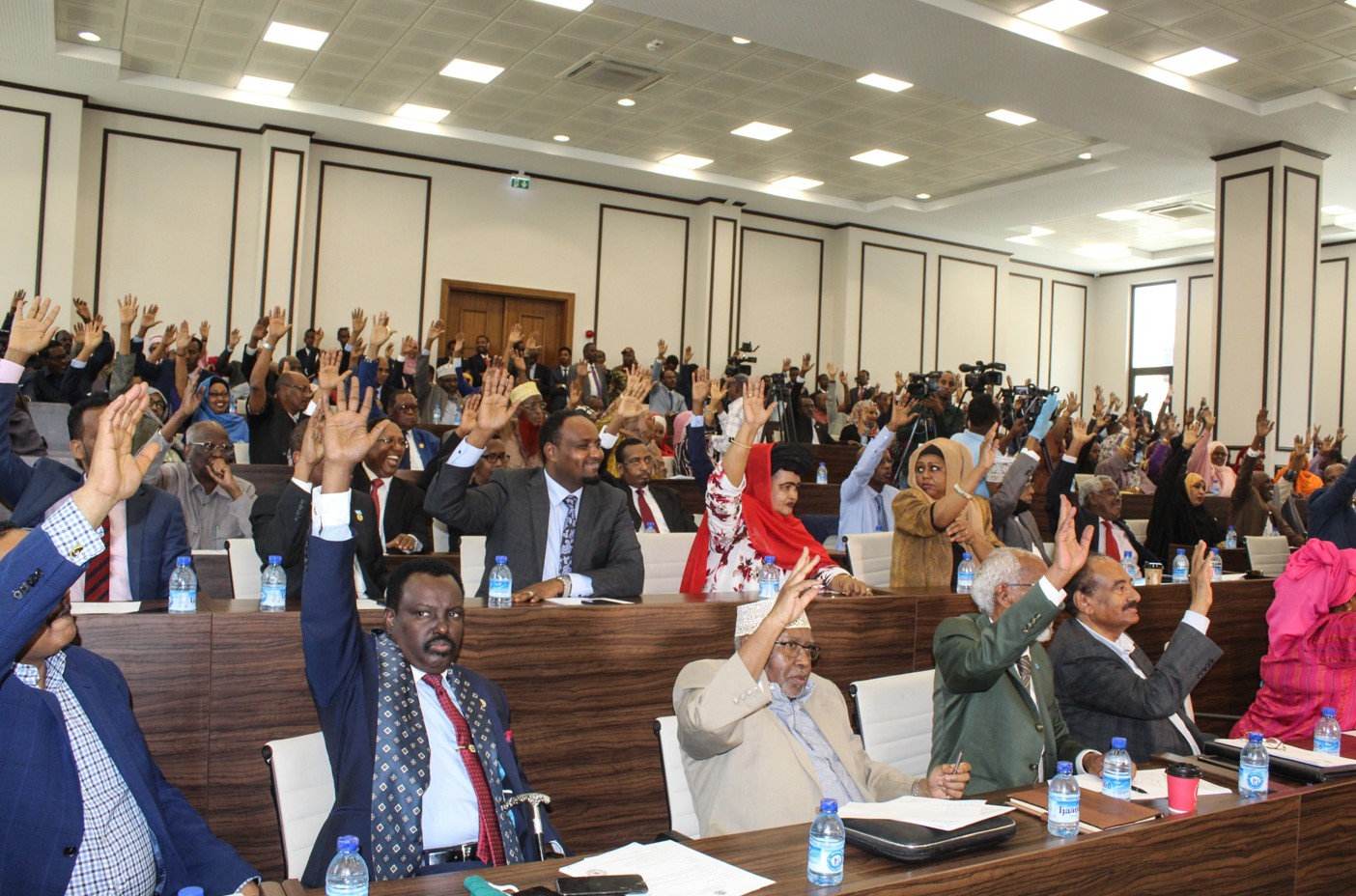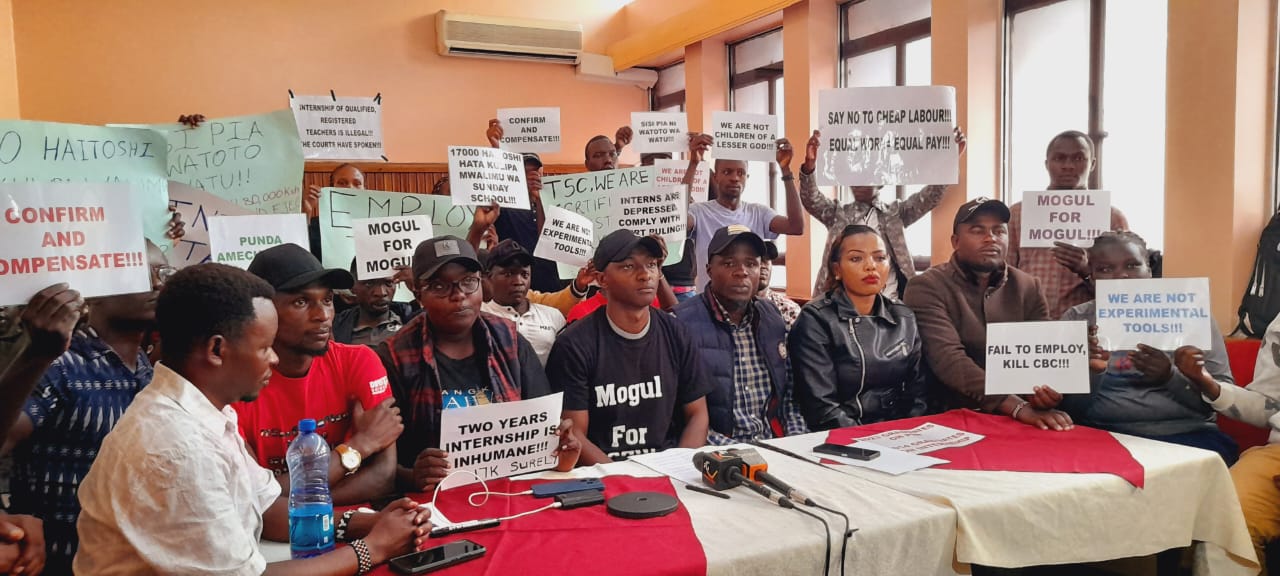IFJ condemns Somalia's controversial Official Information Bill

The IFJ's statement highlighted that the Federal Government's approach bypassed essential democratic processes, excluding public input and stakeholder involvement.
The International Federation of Journalists (IFJ) has expressed concern over the Federal Government of Somalia's introduction of the Official Information Bill (OIB). The bill, submitted to the Federal Parliament on March 16, 2021, has raised questions about its impact on freedom of information and human rights.
The National Union of Somali Journalists (NUSOJ) issued a statement last week warning that the Official Information Bill could harm the fundamental principles of democracy in Somalia.
The statement emphasized that the right to access information is essential for democratic governance and is protected by international treaties and Somalia's Provisional Constitution.
The IFJ criticized the process by which the OIB was introduced, noting the absence of public consultation and stakeholder engagement.
The federation argues that the lack of transparency in the legislative process undermines democratic values and could weaken the effectiveness of the law.
The IFJ's statement highlighted that the Federal Government's approach bypassed essential democratic processes, excluding public input and stakeholder involvement.
According to IFJ a review they have done with NUSOJ's legal team has identified several issues with the bill. They pointed out ambiguous provisions and broad exemptions that do not support transparency.
"The introduction of the OIB by the Federal Government of Somalia has bypassed essential democratic processes, excluding public consultation and stakeholder engagement. This blatant disregard for inclusive policymaking undermines the core values of democracy and compromises the effectiveness of the legislation," read part of the statement released by IFJ.
The IFJ noted that the bill contradicts international standards, including the African Union Model Law on Access to Information and Somalia's Provisional Constitution. According to the Federation, the bill lacks clear exemptions and includes extensive confidentiality and national security provisions, which do not align with global best practices.
The IFJ and NUSOJ have called for the immediate withdrawal of the OIB from the Federal Parliament. They urged the Federal Government of Somalia to conduct a comprehensive review of the bill to align it with Good Regulatory Practices (GRPs).
Last week, Omar Faruk Osman, the Secretary General of NUSOJ, also called for a review of the bill and public engagement in the legislative process. He criticized the government's approach, stating that it disregarded democratic principles. Farouk stressed the importance of transparency and inclusivity in developing any legislation promoting transparency.
"The Federal Government's approach to the OIB demonstrates a troubling disregard for democratic principles. Any legislation promoting transparency must itself be developed transparently and inclusively," he said.
Top Stories Today
Reader Comments
Trending












































